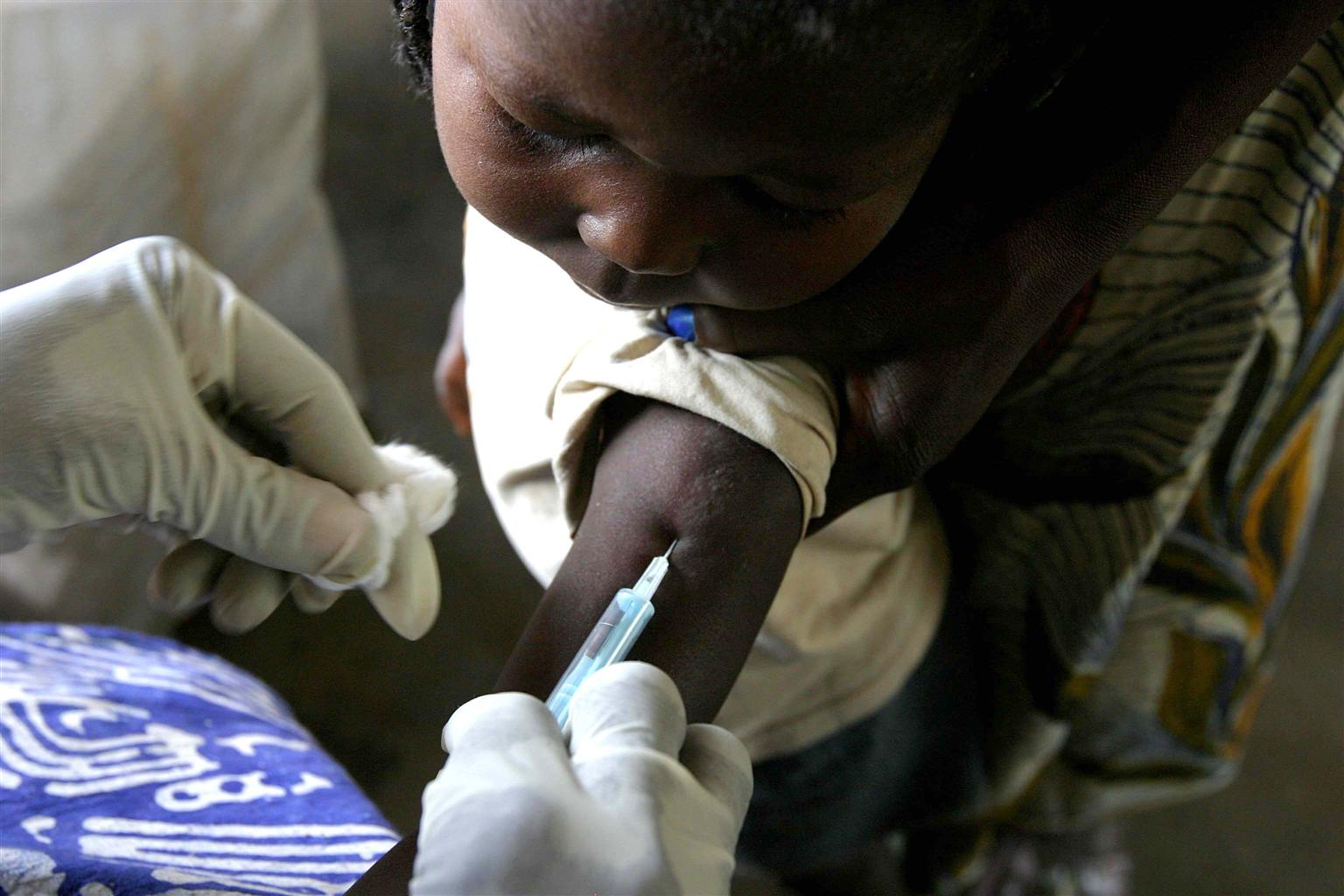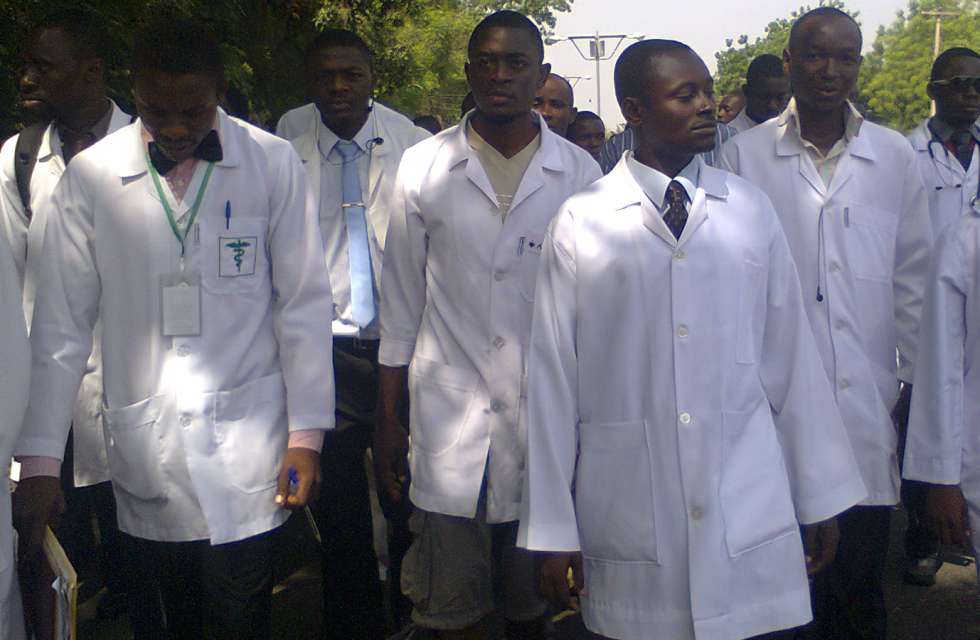
UNICEF, EU Train Medical Workers In Kebbi
The United Nations Children’s Emergency Fund (UNICEF) and European Union (EU) have improved the capacity of 5,733 health officers in Kebbi State between 2016 and 2019.
UNICEF’s Health Specialist, Sokoto Field Office, Dr. Danjuma Nehemiah, who made this known at the weekend, said 3,000 of them were Community Health Extension Workers.
Nehemiah said they were trained under the Maternal, Newborn, Child Health and Nutrition (MNCHN), project aimed at enhancing health quality and nutrition service in the state.
He said the project was funded by EU and implemented by UNICEF to strengthen primary healthcare and community resilience for improved maternal, newborn, child health and nutrition outcomes.
Nehemiah said officials were trained to plan, implement and monitor progress in the delivery of healthcare services and nutrition interventions.
He said: “The goal is to enable health workers effectively deliver high-impact health and nutrition services to children under five, pregnant women and lactating mothers.
“The health workers will continue to deliver quality health and nutrition services, even when the MNCHN project winds up in August.’’
“Thirty-nine primary healthcare facilities, out of the 99 earmarked for renovation under the MNCHN project, had been renovated and handed over to the government.
“We are in the process of completing the remaining facilities to support and strengthen healthcare service delivery in the 225 political wards in the state.
“We have equally supported the 225 facilities with commodities, especially basic drugs for children under five and pregnant women.
“Equipment are also provided in the facilities, which include diagnostic equipment, furniture and examination couches, among others…’
He said the project also provided water, including sanitation facilities such as toilets and hand washing points in the renovated PHCs to promote Water, Sanitation and Hygiene (WASH), practices.
The state Nutrition Officer, Mrs. Beatrice Kwere, said no fewer than 102,761 malnourished children were treated between 2016 and 2019.




